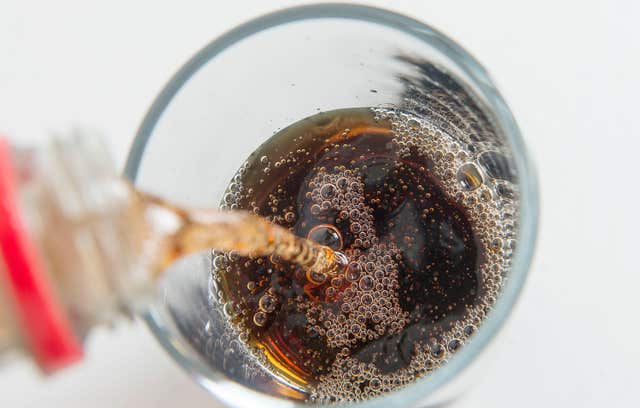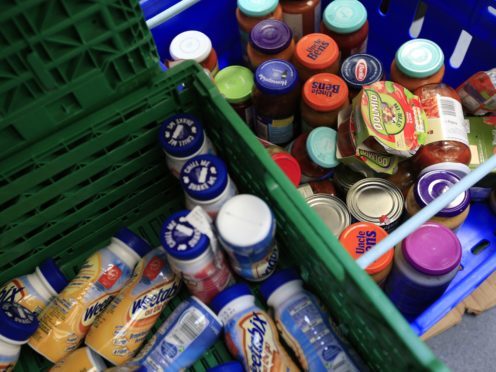Ultra-processed foods such as fizzy drinks, packaged bread and cake, cereal and processed meats could increase the risk of cancer, according to a new study.
Processed foods make up to 50% of the average person’s diet in some developed countries and could be contributing to rising cancer levels, researchers working in Brazil and France found.
Teams from the Sorbonne in Paris and the University of Sao Paulo found that a 10% increase in ultra-processed food intake was associated with a 12% increased risk of overall cancer.
The research also indicated an 11% increase in the risk of breast cancer.
The findings, published in the British Medical Journal, were based on a survey of 104,980 healthy French adults with an average age of 43, measuring their intake of 3,300 different food items.
The foods were grouped according to the level of processing, and participants were asked to self-declare any cancer diagnosis, which was then confirmed through their medical records.
Study suggests possible link between highly processed foods and cancer, say experts @bmj_latest https://t.co/9npiMTaGvr #food #nutrition #cancer pic.twitter.com/F7tC1PohGA
— BMJ (@bmj_company) February 14, 2018
Researchers also took into consideration other risk factors such as age, gender, levels of education, whether the participant smoked and family history of cancer.
While a small rise in ultra-processed food intake was associated with an increased risk of cancer, there was no significant link between less processed foods – such as canned vegetables, cheese and fresh bread – and cancer.
Consumption of fresh or minimally processed foods including fruits, vegetables, pulses, rice, pasta and fresh meat, was associated with a lower risk of overall cancer.

The authors said: “To our knowledge, this study is the first to investigate and highlight and increase in the risk of overall – and specifically breast – cancer associated with ultra-processed food intake.”
The researchers emphasised that at this stage it was just an observational study, and no firm conclusions could be drawn about ultra-processed food consumption and risk of cancer.
Ultra-processed foods often have a higher content of total fat, saturated fat, and added sugar and salt along with a lower fibre and vitamin density.
Contaminants, some of which may be carcinogenic, have also been found in heat-treated processed food products, and many contain legal but controversial additives such as sodium nitrite and titanium oxide.
Some studies have indicated that these additives may be carcinogenic.
The researchers said the study presented several challenges, such as identifying the specific elements in ultra-processed foods that could give you cancer.
